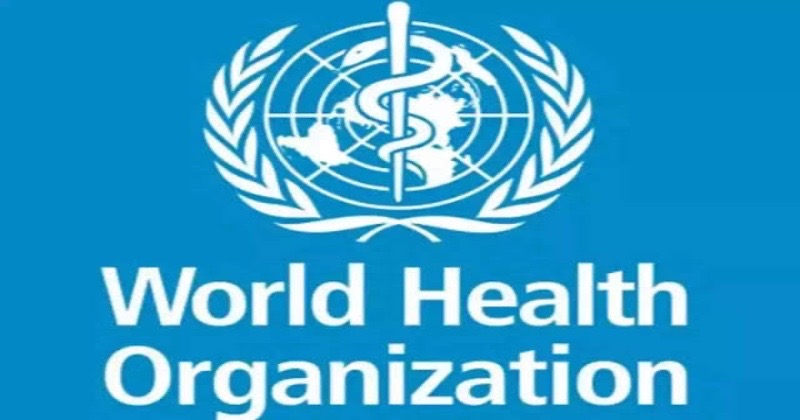
The World Health Organisation (WHO) has issued a new policy guideline to safeguard children from the negative effects of food marketing. The guideline advises governments to enact comprehensive required measures to safeguard children of all ages from the marketing of foods and non-alcoholic beverages high in saturated fatty acids, trans fats, free sugars, and/or salt (HFSS).
WHO recommended that countries develop nutrition profile models based on WHO advice and that the marketing of HFSS meals and non-alcoholic beverages be regulated. It was also suggested that HFSS foods be defined. The amended guideline is based on the findings of current evidence reviews, including how children’s health, eating behaviours, and food-related attitudes and beliefs are affected by exposure to and the potency of food marketing. In short, food marketing continues to be a concern to public health, negatively influencing children’s food choices, intended choices, and dietary intake.
Policies to restrict food marketing are most effective when they are: mandatory; protect children of all ages; use a government-led nutrient profile model to classify foods to be restricted from marketing; and are sufficiently comprehensive to minimise the risk of marketing migration to other age groups, other spaces within the same medium, or other media, including digital spaces.

Post Your Comments